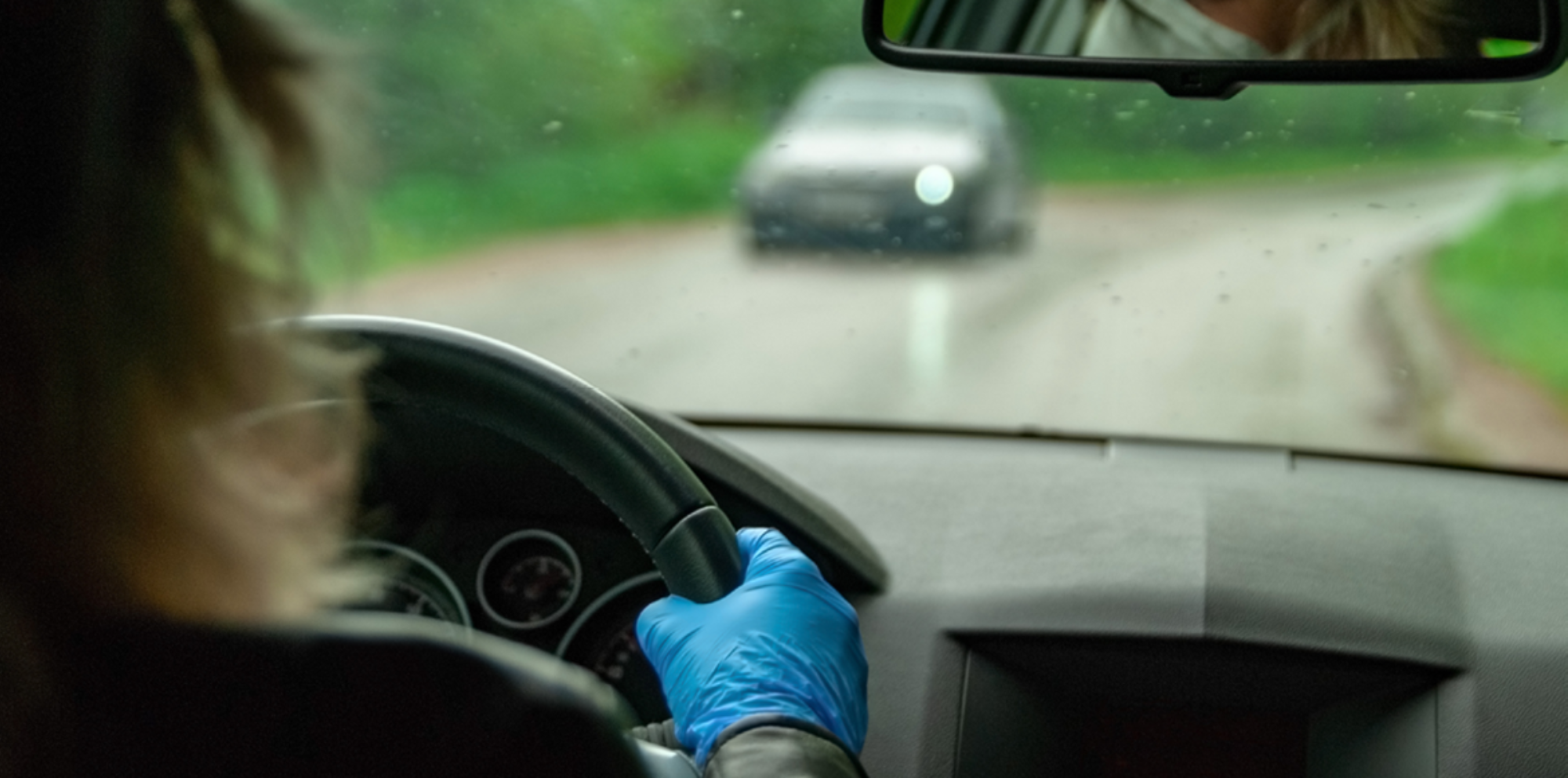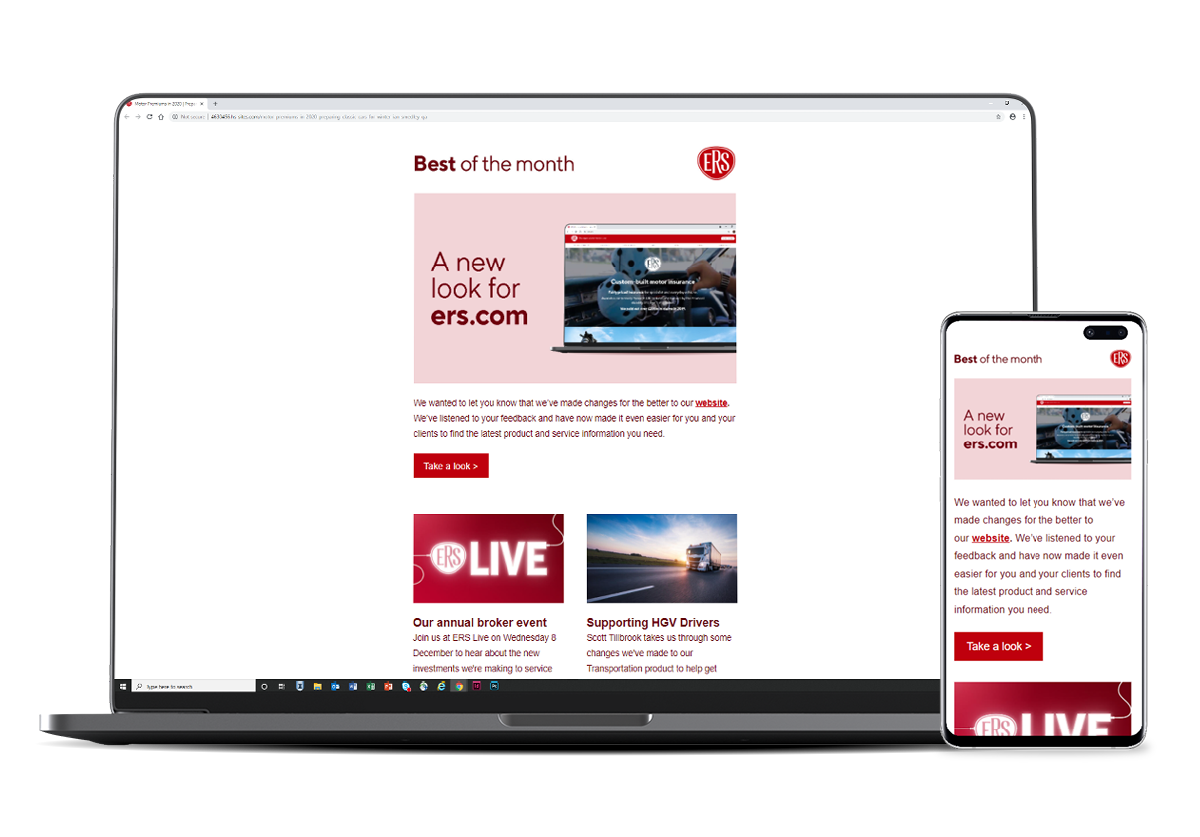We caught up with Product Managers James Hayward: Passenger Carrying Vehicles and Garbhan O’Brien: Fleet to discuss the installation and use of PPE in Taxis.
For a taxi driver, their vehicle is their livelihood, and just like every other employee, it’s vital that they’re able to carry out their work safely and in a way that minimises the possibility of catching and spreading coronavirus.
Many taxi drivers have been quick to point out the obvious limits to social distancing in their cabs, so it’s important that drivers make use of appropriate personal protective equipment (PPE) to minimise the risk posed both to themselves and to their passengers.
Some measures are easy to implement – for example, wearing a facemask or providing hand sanitiser. However, there is one aspect of PPE deployment that is causing consternation across the cab driving community: the rules and regulations surrounding the installation of protective plastic screens, which many taxi drivers are deploying to further demonstrate their commitment to health and safety.
Unfortunately, installing a protective screen is not as straightforward as it might sound. Local authorities differ in their attitude towards the modification of taxis, there are many different types of screen available, and there could also be insurance ramifications if screens aren’t fitted properly.
We’ve received an influx of enquiries from brokers in the past few weeks, so we thought we’d take this opportunity to answer some of your questions about PPE and protective screens.
Is there any ‘official’ guidance regarding taxi drivers’ use of PPE?
James: The government have recently issued a press release calling for mandatory face coverings to be worn on public transport in England from 15th June, something that Taxi drivers will need to factor in when carrying out their own risk assessments. On the subject of protective screens, the guidance makes it clear that this is a decision for licensing authorities, PHV operators and the firm or individual operating the vehicle.
What position are local authorities taking when it comes to protective screens?
James: The installation of a protective screen counts as a bespoke vehicle modification and many authorities would normally prohibit this unless a driver has been granted express permission for the modification.
Some authorities – such as Liverpool CC and Aberdeen CC – have been quick to make exceptions to their rules about bespoke modifications. Others have still to clarify their position, and I haven’t heard of any authorities mandating the installation of screens. Ultimately, drivers need to make enquiries with their own authority to see whether the screen they’re proposing is acceptable.
What are the implications of installing a screen from an insurance perspective?
Garbhan: We understand that drivers have concerns about the implication of Covid-19 outbreak and want to protect the health of themselves and their passengers. As an insurer it is not within our remit to advise on the safety of these screens, nor whether they are an effective means of safeguarding against transmission of the virus.
We are however supportive of our taxi operators taking steps to minimise the risk of transmission of the virus to them and their passengers. As such, we can confirm our insurance cover would extend to cover vehicles with bespoke screens fitted subject to the following:
• The local licensing authority has confirmed that is acceptable to install a screen
• The screen complies with relevant local authority regulations
• The screen is professionally and securely fitted (unless the screen has been designed and manufactured to allow self-installation).
Do you anticipate authorities mandating the installation of screens in the months ahead?
Garbhan: This is possible, but it should be remembered that, while screens may well allay passenger/driver fears, they are not scientifically proven to prevent the spread of COVID-19, which might explain why there aren’t any authorities that have mandated them.
Ultimately, it’s up to each authority to assess the safety benefits of installing screens and deciding which products are fit for purpose before making their decision. It is also critical that these decisions are clearly communicated to the local taxi driving community.
Working together to support the taxi driving community
These are the sort of issues that can trip drivers up if they’re not able to access appropriate guidance over the course of their busy working lives, which is why it’s crucial that we work closely with brokers to share knowledge and help everyone stay compliant.
Of course, in addition to taking all relevant COVID-19 precautions, every taxi driver needs to be equipped with the right level of motor insurance cover for their specific local authority. ERS’ taxi product covers everything a driver needs to meet local licensing requirements and start picking up passengers, such as unlimited third-party liability in line with the road traffic act, up to £20m third-party property damage (for up to 5 vehicles) and the option of adding public liability (mandated by many authorities).
Any broker needing to access up-to-date motor insurance pricing information and quickly quote and buy taxi insurance for up to 5 taxis, can visit ERS eTrade. For five plus vehicles, please contact a member of our Fleet team by emailing fleet.quotes@ers.com






